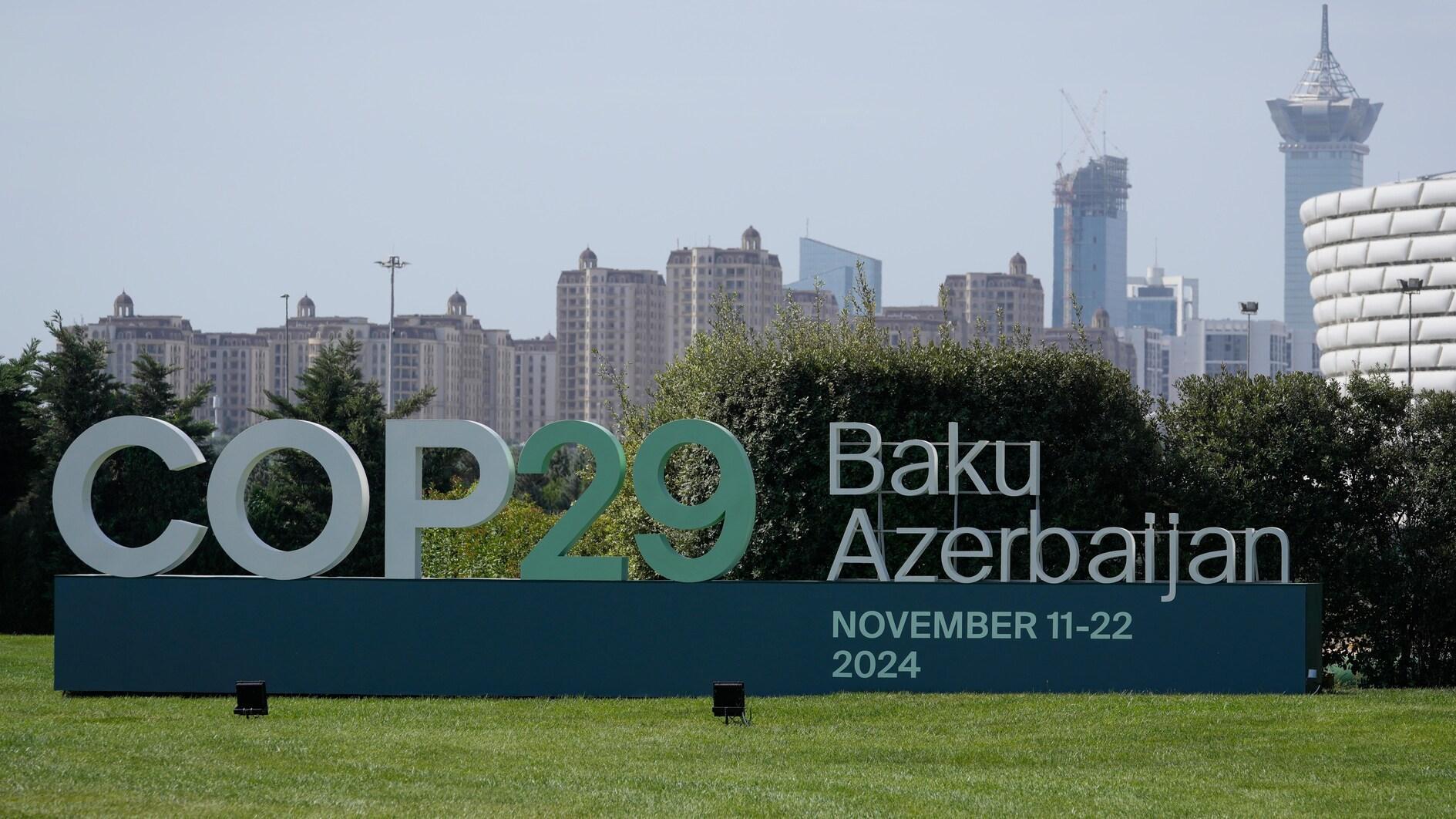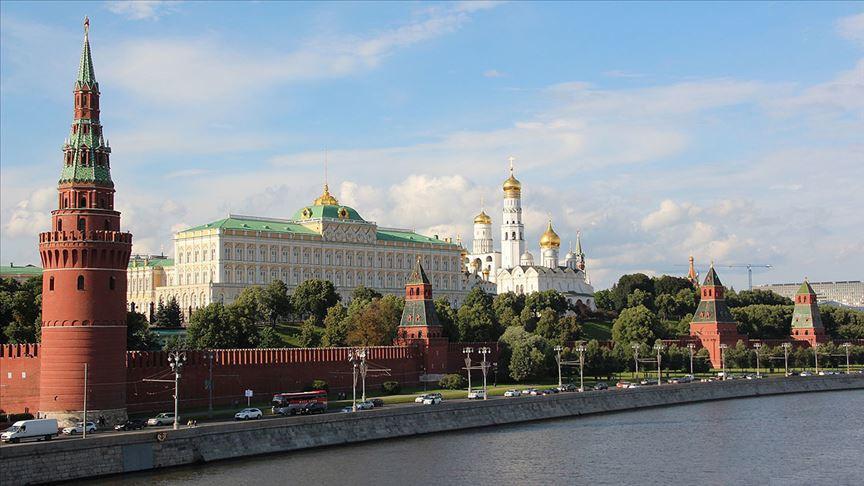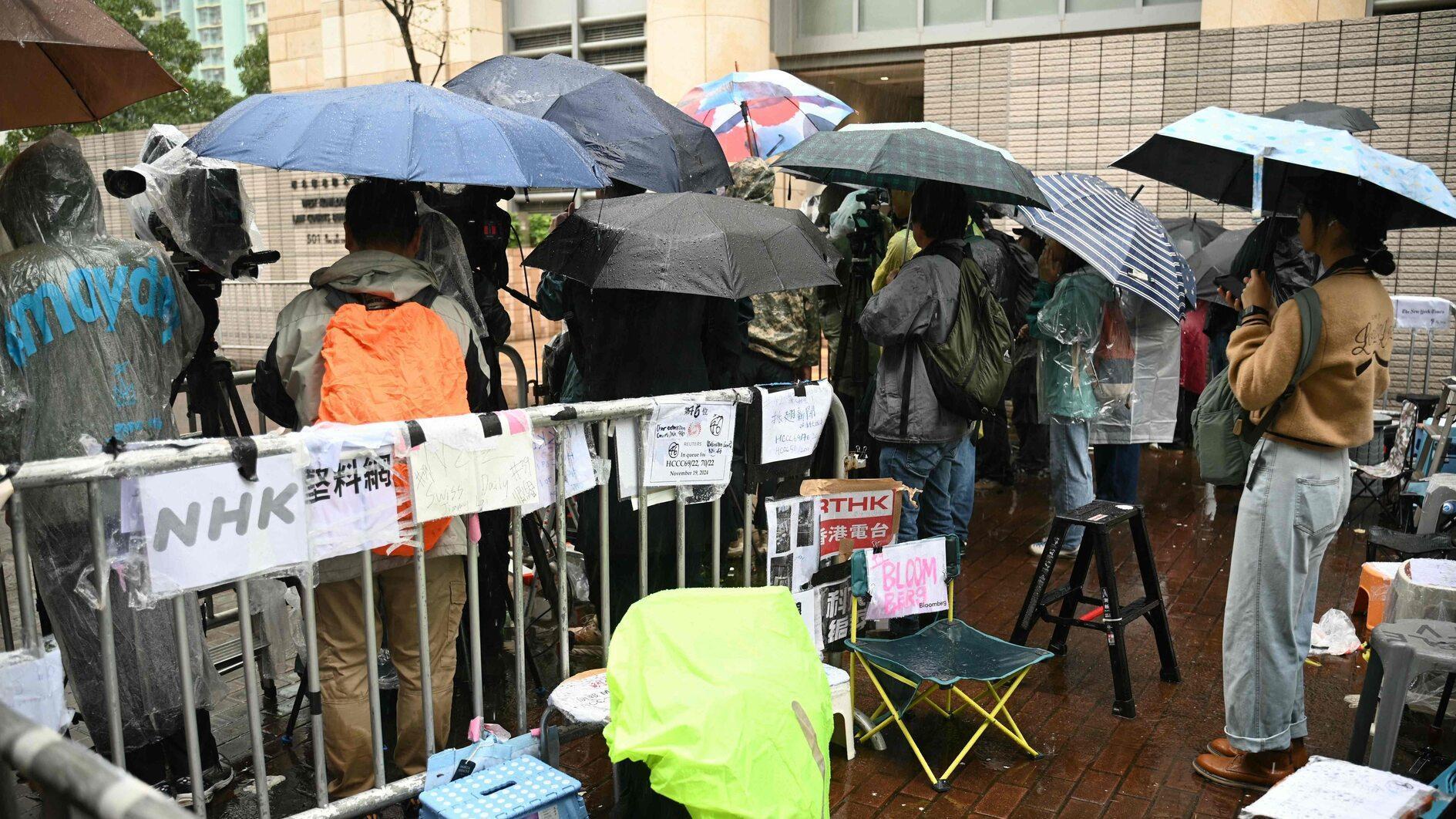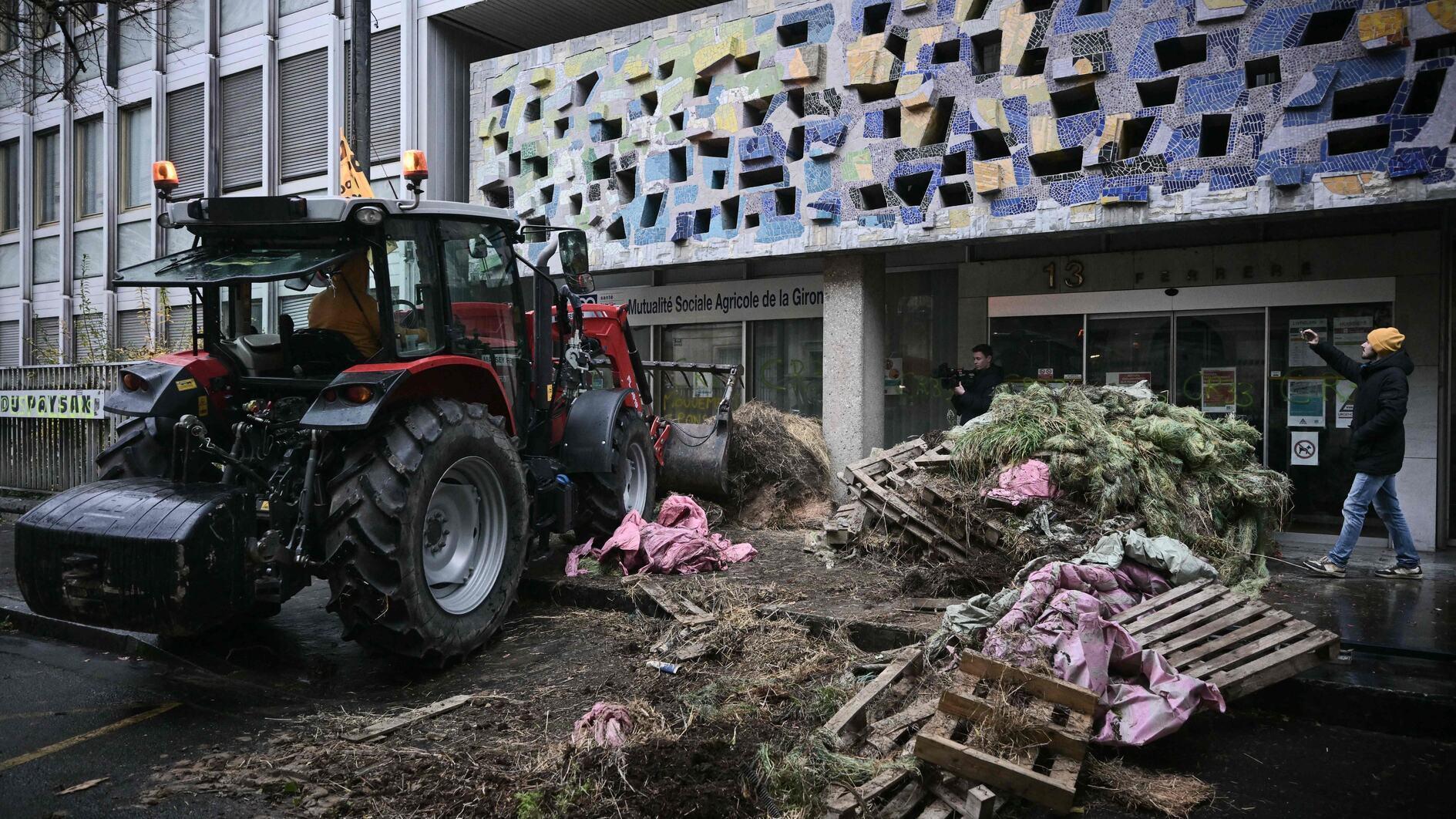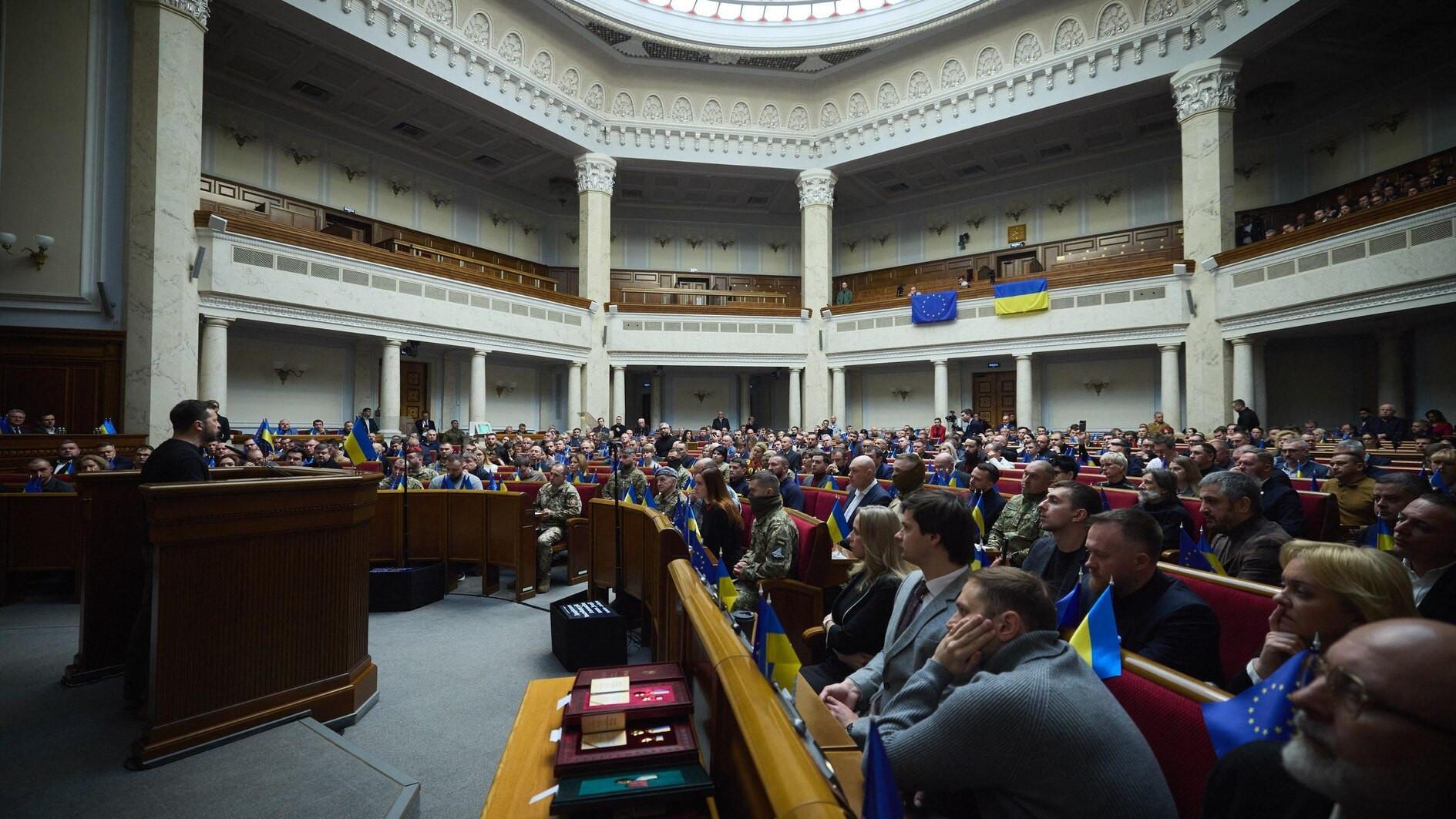Why Turks don’t smile
A Turkish friend of mine who has lived in the United States for many years once told me an amusing experience of hers. After more than a decade in the land of freedom, she came back to Istanbul for a few weeks. While strolling the streets, she inadvertently smiled at people with whom she came face to face. In return, though, she did not get the polite response that she was used to. Instead, the women she smiled at looked surprised, and worse, the men she smiled at looked aroused.
“I realized that those men took my smile as a sexual hint,” my friend told me. “One of them even began to follow me in a very excited mood!”
Soon, my friend wisely adapted to the Turkish manners: In this country, you don’t smile at strangers. You simply look the other way, and, if you come eye to eye, you try to look tough.
For a while, and as a sociologist-wannabe, I have been wondering why this is the case. Gradually, I have become convinced that this no-smile attitude tells us a lot about the nature of Turkish society: As surveys also prove, this is one of the places on earth in which people trust each other the least. Hence, they can easily see other members of society as potential threats or even enemies.
But why? Are Turks inherently rude, antisocial or nasty people?
Not really. Quite the contrary, Turks are famous for their hospitality and generosity, and they are also known to be very loyal to their friends.
But there is a catch here: Turks are very good to people that they know well, such as their family and kin. Yet, for the people with whom they are less familiar, their attitude dramatically changes. In other words, if they see a familiar face on the street, they go out of their way to show affection. For unfamiliar faces, however, they have nothing but suspicion.
This social reality of Turkey seems to tell us a lot about the nature of its politics as well: Here, every political camp is filled with contempt and paranoia for the other camps. (In the 1970s, this led the country to near civil war; luckily, there is much less violence today.) In political arguments, sides blame each other for being not only wrong and misguided, but also treacherous and devious. Quite amusingly, pundits in every political camp argue that the opposing camp serves some evil foreign power that is cooking up malicious plans against the beloved homeland. They are bitterly opposed, in other words, without realizing how similar they are.
But then again, why? Why so much distrust and hate?
My short answer to this big question is that, first, Turkey is a “transitional society,” one that is in the critical middle of a long transformation from a traditional (rural, agrarian and communal) to a modern (urban, technical, and societal) nation. So, traditional mores are eroding, whereas new ones are not fully matured. (Your grandfather knew how to say “salamun alaikum” to his familiar neighbors; you don’t know what to do with all those unknown individuals in colossal cities.)
Secondly, the brutal authoritarianism of the Turkish state has made matters much worse, by constantly suppressing large segments of society and explaining away every trouble in the country as the product of “enemies within and without.” While most Kemalists still believe in that lunacy, the conservatives who oppose them seem to have taken their share as well.
So, is there no hope for the future?
No, there is. In fact, things are much better now than they were a few decades ago. Moreover, they will probably improve as democracy brings more openness, and free market capitalism breaks communitarian barriers. In a few decades, therefore, I think you will see more Turks with a smiling face.



